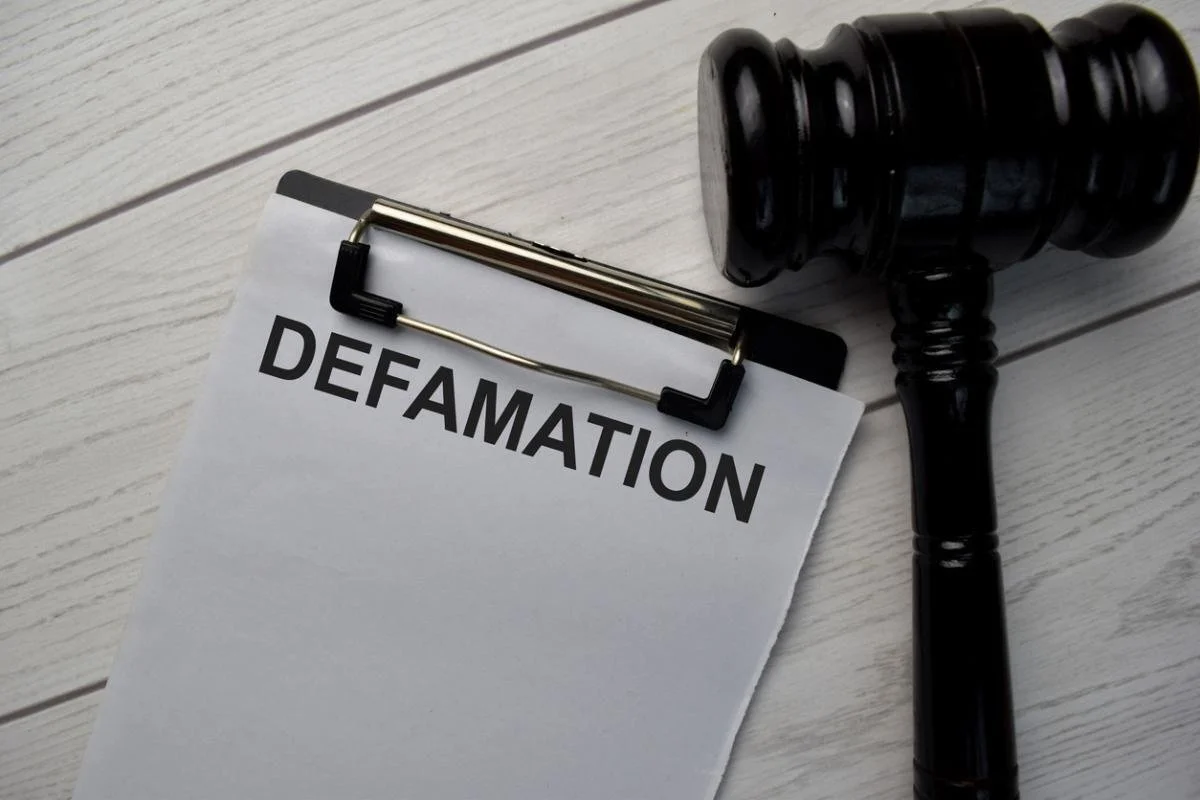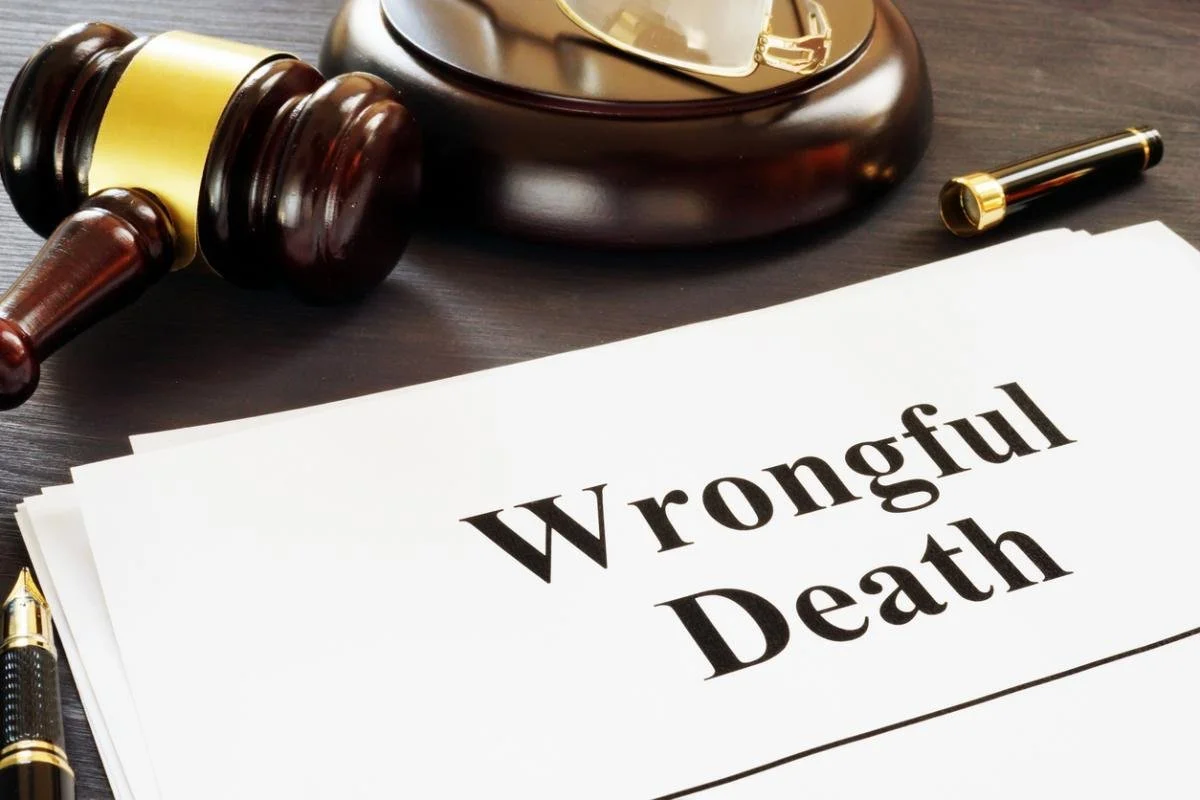Hearn v. PG&E: What California Employees Need to Know About Defamation Claims After Termination
/When you’re fired from a job (especially if you believe it was wrongful), your first instinct might be to protect your reputation as well as your livelihood. Sometimes that means filing both a wrongful termination claim and a defamation claim. But a recent California Court of Appeals decision, Hearn v. Pacific Gas & Electric Co., shows why that strategy can be tricky.
The court made it clear: If your defamation claim is based on the same conduct that led to your termination, you likely won’t be able to recover damages for it.
Case: Hearn v. Pac. Gas & Elec. Co
Court: Court of Appeal, California, First Appellate District Division Three
Case No.: A167742, A167991
Hearn v. Pac. Gas & Elec. Co: A Brief History of the Case
Todd Hearn, a PG&E lineman, was suspended and later terminated after an internal investigation found discrepancies in his time records. The investigation included witness statements and GPS data.
Hearn sued PG&E, claiming:
Retaliation for reporting safety violations (Labor Code § 1102.5)
Retaliation for reporting unsafe working conditions (Labor Code § 6310)
Wrongful termination in violation of public policy
Defamation
By the time the case reached trial, only the retaliation claim under § 1102.5 and the defamation claim remained. The jury sided with PG&E on retaliation but awarded Hearn damages for defamation. PG&E appealed.
The Court’s Decision: Hearn v. Pac. Gas & Elec. Co
The California Court of Appeals reversed the defamation award, holding:
Defamation claims must be separate from termination conduct. If the alleged defamatory statements are part of the firing process—such as in investigative reports—they cannot be the basis for separate damages.
Damages must be distinct from job loss. You can’t recover reputational damages if they’re tied only to losing your job, without evidence of broader harm to your reputation outside the termination.
In Hearn’s case, the allegedly defamatory statements were made in the course of PG&E’s internal investigation and were directly tied to the termination decision, meaning the defamation claim couldn’t stand.
What California Workers Should Know About Hearn v. Pac. Gas & Elec.
If you’ve been wrongfully terminated, you may also feel your employer made false statements about you. But this ruling shows that when those statements are part of the termination process itself, your ability to claim separate defamation damages is limited.
Key points to remember: Wrongful Termination & Defamation Claims
Separate the issues. If you believe you were defamed, document instances where false statements were made outside of formal HR or disciplinary processes, especially if they were shared with people who did not need to know.
Look for harm beyond job loss. Rather than focus solely on the termination itself, you need to demonstrate specific reputational damages and lost job opportunities caused by the defamatory statements.
Act quickly. California’s statute of limitations for defamation is generally one year from the date the statement was made.
FAQ for Wrongfully Terminated Employees:
Q: Can I still sue for defamation if my employer made false statements during my firing?
A: Yes, but only if you can prove the statements went beyond what was necessary for the termination process and caused separate harm to your reputation.
Q: What kind of evidence helps in a defamation claim?
A: Copies of emails, written statements, or testimony from people who heard the false statements—especially if they were made outside HR or to people unrelated to your termination.
Q: What should I do first if I think this happened to me?
A: Consult an experienced employment attorney right away. They can help determine if your defamation claim is distinct enough from your termination claim to be viable.
If you believe you’ve been wrongfully terminated and defamed in California, our legal team can help. Contact Blumenthal Nordrehaug Bhowmik DeBlouw LLP today. Our experienced Los Angeles employment law attorneys fight for California workers' rights, with offices serving clients in Los Angeles, San Diego, San Francisco, Sacramento, Riverside, and Chicago.




